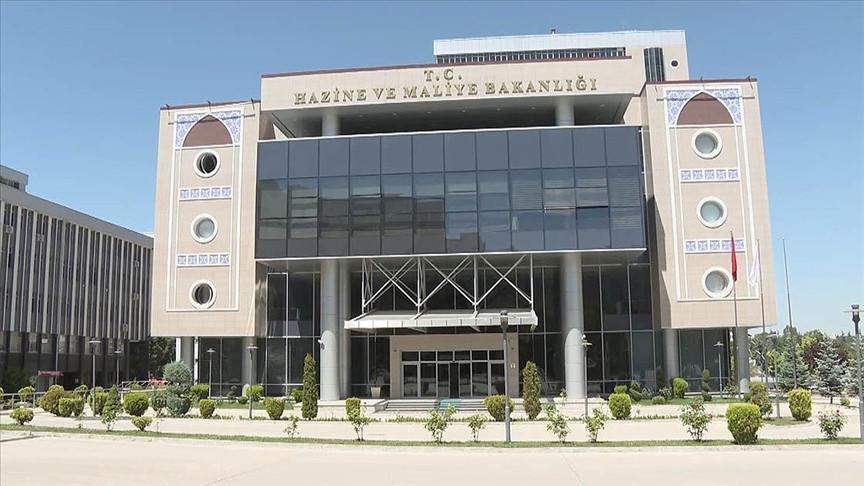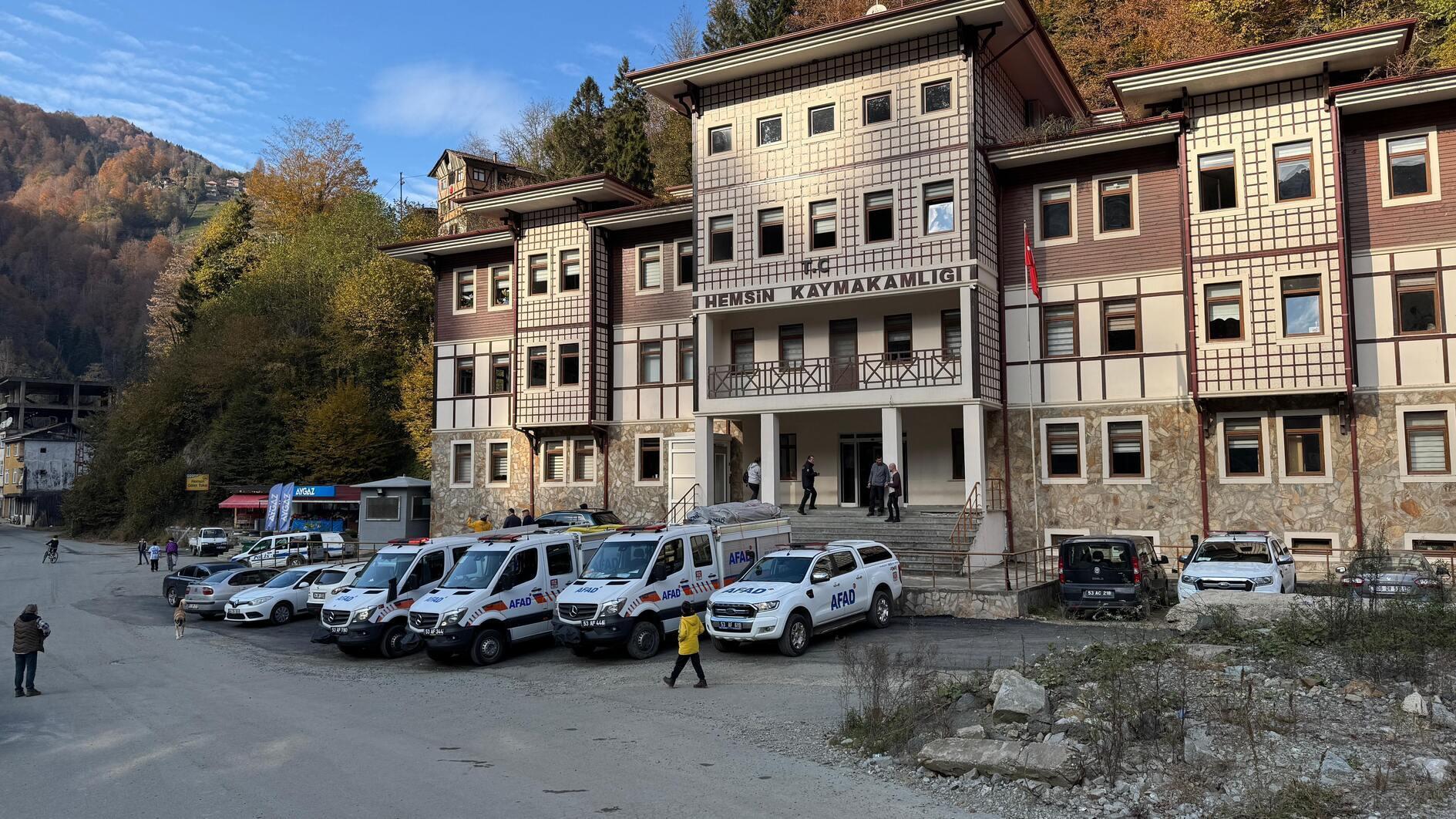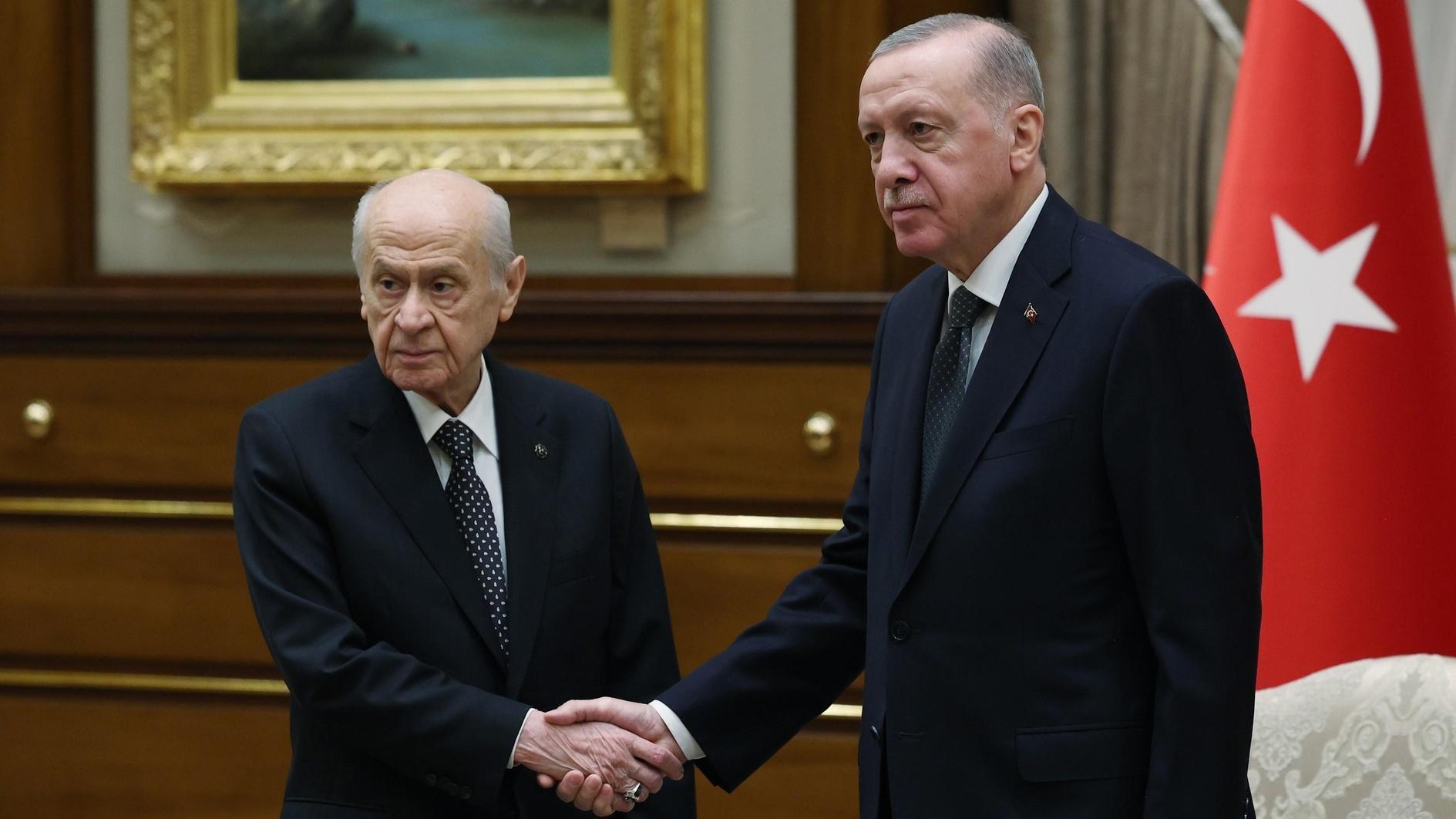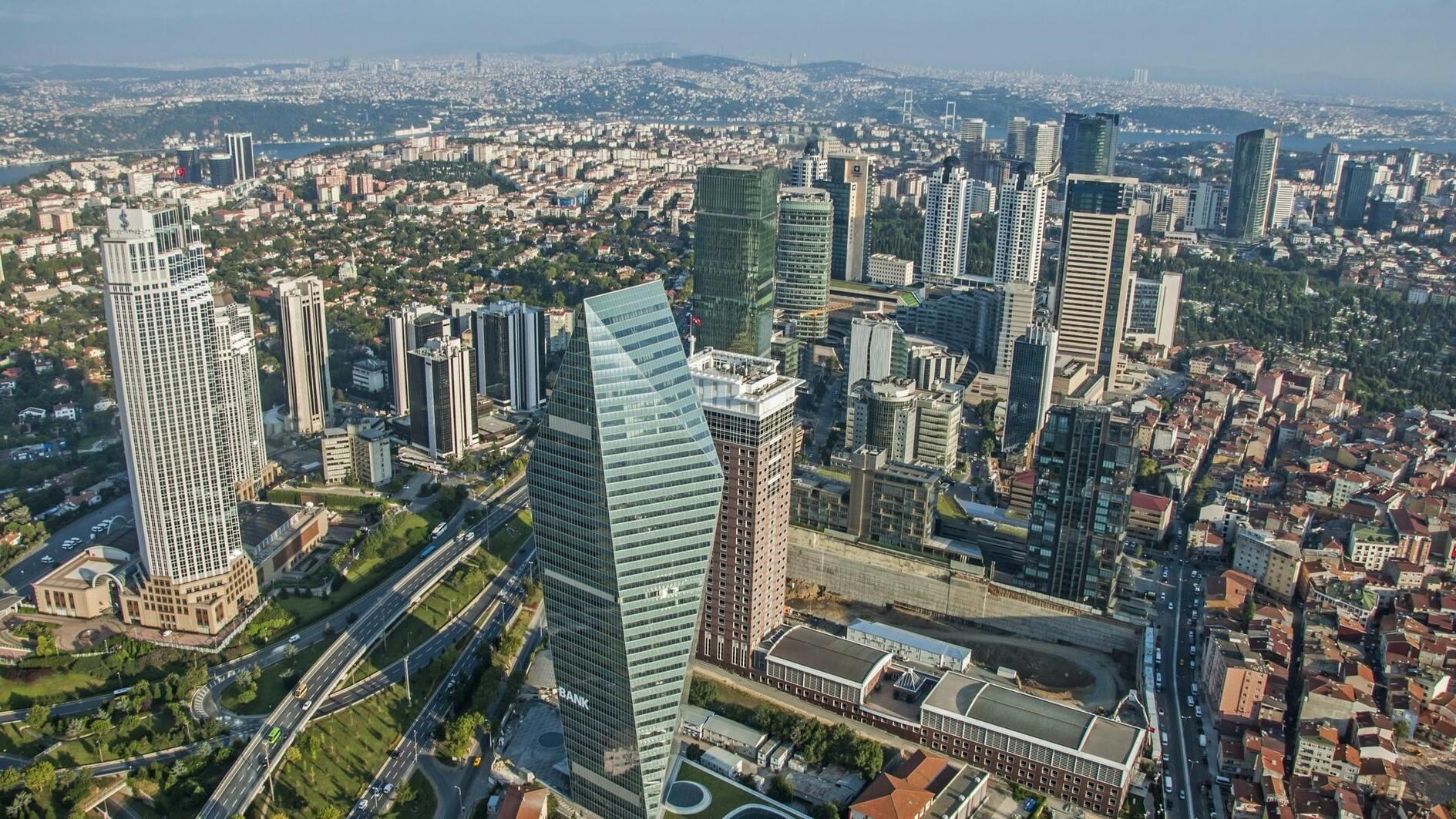Russian court bans Islamic cleric Said Nursi’s books for extremism
ISTANBUL

Hürriyet Photo
A court in Kaliningrad, Russia, has banned 16 books from Turkish religious figure Said Nursi on charges of extremism, Russian news agency Ria Novosti reported, according to Doğan news agency.
The court found 14 of Nursi’s books and two of his brochures problematic following a “psychological and linguistic” survey on the books by Russian experts, ruling that they encouraged hatred and restricted the freedom of people who do not believe in Islam.
Nursi’s books were reportedly seized at a suspect’s house in Kaliningrad during an operation. The suspect was also detained pending trial on charges of membership in an illegal organization. A Russian court banned Nurcu organizations in the country in 2008.
Nursi (1878-1960), was an important Kurdish religious figure who published many writings in his time and was jailed by the early Turkish republican authorities. He is regarded as the founder of the Nur Society, a religious community that still has many supporters in Turkey. The Gülen Movement, whose founder Fethullah Gülen is a Turkish religious leader who has been living in the United States since 1999, grew out of a Nurcu milieu. Gülen’s movement is considered one of the strongest fronts in the civilian struggle for power in Turkey, especially because of its influence over state structures in the country. Worldwide, the Gülen movement is known mostly for the schools it has established in Turkey and in more than 80 countries.
















